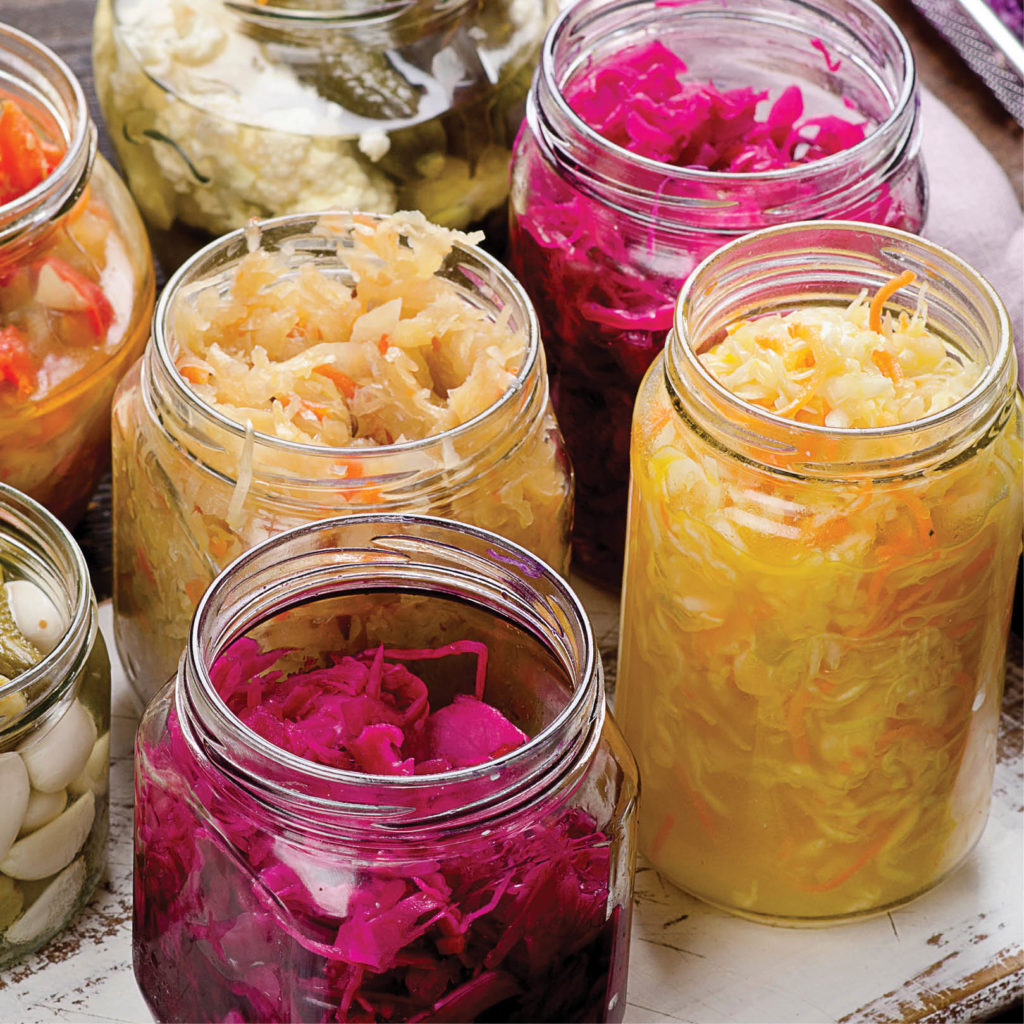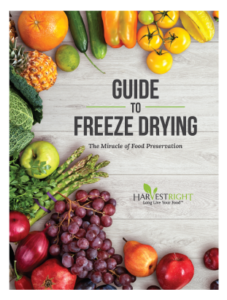In the world of food preservation, there are many methods that are satisfactory. Freezing, drying, and canning have been around for many generations in some form or another, and have improved as new equipment has come available.
Freezing is known for preserving flavors closest to fresh, and drying works wonders with many foods, allowing them to be stored for years using much less space. Canning fruits, jams and jellies in a water bath process allows us to prolong the bounty of these foods. There is nothing like breaking out canned peaches during the height of winter. It reminds us that spring is coming. Many young people today have never had to eat locally grown foods in season, and have no idea what is available as the seasons change, but the older readers will remember life before Super Walmart, with its year-round foods imported from all regions of the world. Another process, pressure canning, allows the preservation of low-acid foods such as meat, potatoes, beans, soups, and some tomato products.

Another method, less often used, but seeing a resurgence, is fermentation. One of the oldest methods, it is still done today much as it was for hundreds of years. The ingredients are simple, and the food is not only delicious, but today’s science proves the health benefits. These include fermented milk, called Kefir, fermented tea, called Kombucha, and a huge variety of fermented vegetables and fruits, including krauts in hundreds of flavors, pickles, salsas, bruschetta, berries, and more. Each culture has their specialties. Miso, kvass, beer, wine, even chocolate are fermented foods that you may or may not know about. Sourdough is a ferment used to leaven breads and baked goods.
Enter our new technology; the Harvest Right Freeze Dryer. While this freeze dryer stands alone as the master of food preservation, we have found it to be an amazing asset in the long-term preservation of ferments. Sourdough starter keeps for years and re-activates as though it was just made. Kefir powder, when added to fresh or freeze-dried milk, will culture it.
While sauerkraut and salsa will hold in the fridge for a very long time, they do continue to ferment slowly, and the taste will change somewhat. For many years, kraut and pickles were canned for long term preservation, but the good bacteria which ferment the kraut, (and the corresponding health benefits), were lost when the ferments were heated in canning.
Imagine for a moment, having sauerkraut or Curtido that is EXACTLY at the point of fermentation that you love. You know that you can’t eat it all right away, and even though it will be good in a few months, it will evolve over time, and change. Now, you simply freeze dry it, and in ten years, you still will have that exact flavor you love. The nutritional benefits will still be intact. It is a win-win for fermenters everywhere.
If you are a fermenter, the Harvest Right Freeze Dryer is for you. It is the only method of long-term storage that keeps the nutritional value of food at 97-99%. It’s the dream machine of food preservation.






can you freeze dry pickle chips? and will they in their freeze dried state be anything like a potato chip that you could use for eating dips?
I just freeze dried pickles, and they are VERY salty. But, I figured that before I dried them, so I intend to powder them and use them as a seasoning: popcorn, fresh potato chips, baked potatoes, roasted potatoes or vegetables, etc. I think it has all kinds of uses!
Can you ferment freeze dried foods – ie yellow and green beens by rehydrating them in the fermented solution? In other words – freeze dry first – then whenever you want use the fd food to make them fermented – just rehydrated and ferment in the brine/ spicy solution
I would love to know as well
I wondered the same thing so i rehidrated some raw cabbage and feemented it. It came out the same as fresh kroute. We loved it!
I have freeze dried my canned pickles when I was cleaning out the pantry and they turned out super salty tasting and would not be good as chips… BUT… if you powder them you can add some to egg salad, potato salad etc… for a wonderful taste.
Could you send me information on freeze drying kefir , sourdough starter , and sauerkraut . I bought my FD in 2017 and have been fermenting way before that. I’d like to freeze dry my ferments.
Thank you for any information you might have .
I am interested in trying this also. You might try asking on one of the facebook freeze drying groups.
Me too!
Did you try it? I would love info also
Have you ever fermented your freeze dried foods? In other words have you ever rehydrated your freeze dried foods by putting them into a fermented brine solution and let them ferment according to your preferred time and spices?
If you ever do it I would like to know if it works well.
Can freeze dried cucumbers, cabbage, etc., be rehydrated, and fermented in the same way that those same foods would be fermented before freeze drying?
I have this same questions. Did you every find out Reba? Can someone from HarvestRight answer?
I haven’t personally tried it, but would use the same premise as adding frozen food. A starter would be in order.
Does the freeze drying process keep the bacteria in the yogurt alive?
Yes. Many will freeze dry their yogurt culture and when it is rehydrated it still makes fresh yogurt.
How would you recommend reconstituting sauerkraut and pickles?
I am interested in FD kombucha. My concern is that it will destroy the probiotic benefits. What temperature should my unit be set at? I was told that extreme cold or heat will destroy the natural health benefits. Please advise. Thank you!
I’m thinking if the sourdough starters, kefir grains, and yogurt cultures pick up where they left off when freeze dried, then kombucha should keep the same way.
Probiotic supplements are freeze dried.
Only heat destroys probiotics.. think about probiotic capsules that you take. They are freeze dried.
I’m working on making lots of kombucha & would love to freeze dry the fruit we use to flavor the kombucha. Does anyone do this currently? I’m thinking of powdering the fruit and putting in capsules (for those who do not like kombucha but would benefit from the probiotics) or mix with water to make easy quick juices.
I have not done this before, but what a great idea! Love zero waste living.
Should ferments be freeze dried at a lower temperature for keeping their culture alive? Someone mentioned 90 degrees for yogurt. Would 90 degrees be best for all fermented foods rather than the typical 125 degrees?
Reading this, I’m freeze drying my fermented veggies, mainly Kohlrabi, Cherry tomatoes and Radish pods at 100 deg. Figured, I wanted to get them out of the fridge so what is there to lose?
I freeze dry ferments at 95 degrees F. Mainly because I have some fragile yogurt probiotics that die above 99 degrees. Not sure the heat dispersion in the Freeze dryer is equal all over so I don’t chance it.
I was told that the vinegar in pickles will damage the pump. Is this true?